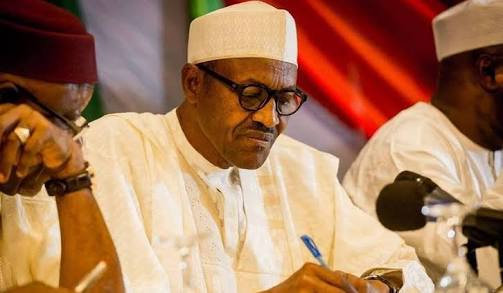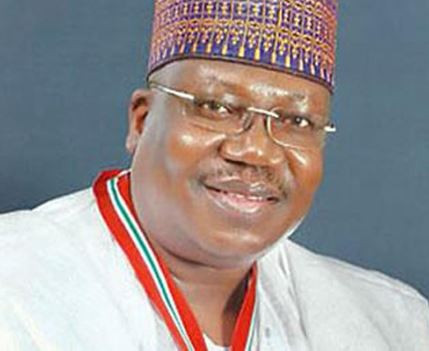The United States of America says corruption is being perpetrated as a result of the “failure” of President Muhammadu Buhari’s administration to implement laws against such practices.
According to its 2017 Human Rights Report, US said numerous cases of corruption were evident across all levels of government…
The Cable reports that it added that while the government took steps to investigate alleged human abuses, “impunity remained widespread at all levels of government.”
“Although the law provides criminal penalties for conviction of official corruption, the government did not implement the law effectively, and officials frequently engaged in corrupt practices with impunity. Massive, widespread, and pervasive corruption affected all levels of government and the security services,” it said.
“The constitution provides immunity from civil and criminal prosecution for the president, vice president, governors, and deputy governors while in office.”
The report also faulted the the Economic and Financial Crimes Commission over its failure to follow due process in the prosecution of corruption cases.
It cited the case of Sambo Dasuki, former national security adviser, who has been in custody of the Department of State Services (DSS) since 2015, despite court orders demanding his release.
It listed the most significant human rights issues during the year to include:
Also included are “denial of fair public trial; executive influence on the judiciary; infringement on citizens’ privacy rights; restrictions on freedoms of speech, press, assembly, and movement; official corruption; lack of accountability in cases involving violence against women and children; trafficking in persons; and early and forced marriages.”
The US also frowned at the judicial system in the country which it said was compromised during the period. It said while there were avoidable delays in court processes, the executive and legislative arms of government continued to interfere with the judiciary.
“Although the constitution and law provide for an independent judiciary, the judicial branch remained susceptible to pressure from the executive and legislative branches. Political leaders influenced the judiciary, particularly at the state and local levels,” it added.
“Understaffing, underfunding, inefficiency, and corruption prevented the judiciary from functioning adequately. Judges frequently failed to appear for trials.
“In addition, the salaries of court officials were low, and they often lacked proper equipment and training. There was a widespread public perception that judges were easily bribed and litigants could not rely on the courts to render impartial judgments.
“Citizens encountered long delays and received requests from judicial officials for bribes to expedite cases or obtain favorable rulings.”

























